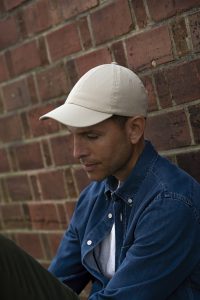 A dad wrote: Through my son’s addiction, I learned to be forgiving and not disappointed, I learned to be loving and not frustrated, I learned to be patient and not anxious. Our children find recovery in their own way and in their own time.
A dad wrote: Through my son’s addiction, I learned to be forgiving and not disappointed, I learned to be loving and not frustrated, I learned to be patient and not anxious. Our children find recovery in their own way and in their own time.
My reflection: When my son was in active addiction, I never quit loving him, but I certainly was disappointed and anxious. I was also cloaked in deep fear and worry. I’m sure my son felt my emotions and, probably, registered them as rejection.
Today’s Promise to consider: We want our children to be safe, healthy, and happy, but addiction overwhelms with fear, disappointment, and frustration. The father who wrote learned how to transform his negative feelings into gestures of love, forgiveness, and patience. Isn’t that what all our children deserve, especially those who are suffering from the disease of addiction? As hard as it can be, today and tomorrow, and tomorrow again, let us choose love.

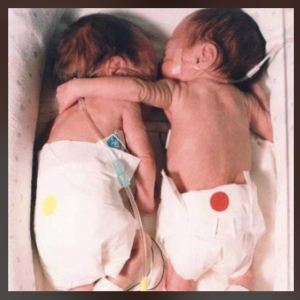 Tara Brach told this story: In the first week of life of a set of twins, each one was isolated in her respective incubator. One was not expected to live. A hospital nurse fought against the rules and placed both babies in one incubator. When they were together, the healthier of the two threw an arm over her sister in an endearing embrace. The smaller baby’s heart rate stabilized and her temperature rose to normal. Through connection and love, the weaker twin went on to live and thrive.
Tara Brach told this story: In the first week of life of a set of twins, each one was isolated in her respective incubator. One was not expected to live. A hospital nurse fought against the rules and placed both babies in one incubator. When they were together, the healthier of the two threw an arm over her sister in an endearing embrace. The smaller baby’s heart rate stabilized and her temperature rose to normal. Through connection and love, the weaker twin went on to live and thrive.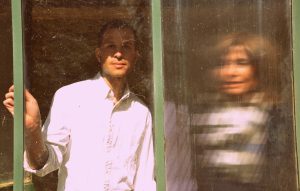 Tara Brach writes: The emotion of fear often works overtime. Even when there is no immediate threat, our body may remain tight and on guard, our mind narrowed to focus on what might go wrong. When this happens, fear is no longer functioning to secure our survival. We are caught in the trance of fear and our moment-to-moment experience becomes bound in reactivity. We spend our time and energy defending our life rather than living it.
Tara Brach writes: The emotion of fear often works overtime. Even when there is no immediate threat, our body may remain tight and on guard, our mind narrowed to focus on what might go wrong. When this happens, fear is no longer functioning to secure our survival. We are caught in the trance of fear and our moment-to-moment experience becomes bound in reactivity. We spend our time and energy defending our life rather than living it. Dr. MacAfee, our beloved addiction therapist, wrote, Learning to live drug free touches every facet of a recovering person’s life. He has to learn to laugh without using. He has to learn to “do today” without using. He has to learn to be intimate without using. There is no part of his existence untouched by his drug history. It is literally like starting his life over, yet with a memory of a life before.
Dr. MacAfee, our beloved addiction therapist, wrote, Learning to live drug free touches every facet of a recovering person’s life. He has to learn to laugh without using. He has to learn to “do today” without using. He has to learn to be intimate without using. There is no part of his existence untouched by his drug history. It is literally like starting his life over, yet with a memory of a life before.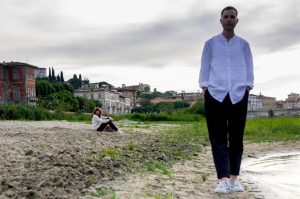 Felix Scardino, LCSW, a friend of mine wrote: Take care of yourself while you try to understand that you cannot support another person unless you keep your own footing. The following analogy helps me: It will not serve either of us if I jump into quicksand with a person to save him. I’ll best help the person if I stand strong and throw him or her a rope. To care for myself I might need to take a break from listening or even choose not to be with another if their problems overwhelm me.
Felix Scardino, LCSW, a friend of mine wrote: Take care of yourself while you try to understand that you cannot support another person unless you keep your own footing. The following analogy helps me: It will not serve either of us if I jump into quicksand with a person to save him. I’ll best help the person if I stand strong and throw him or her a rope. To care for myself I might need to take a break from listening or even choose not to be with another if their problems overwhelm me. A mother wrote to me
A mother wrote to me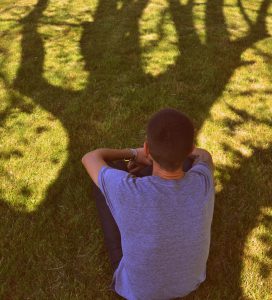
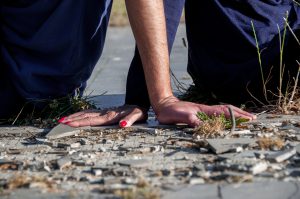 Not many people know that my son helps me with every post about addiction. I want to acknowledge his contributions over these many years.
Not many people know that my son helps me with every post about addiction. I want to acknowledge his contributions over these many years. This is my daily prayer: Dear Lord, Remove the veils so I might see what is really happening and not be intoxicated by my stories and my fears.
This is my daily prayer: Dear Lord, Remove the veils so I might see what is really happening and not be intoxicated by my stories and my fears. 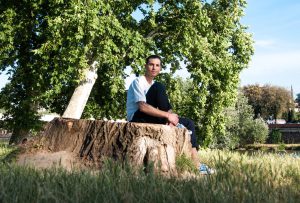 Our beloved Dr. MacAfee said: For the addict, an opening to recovery appears when the pain of maintaining the fiction becomes greater than the pleasure the drugs provide.
Our beloved Dr. MacAfee said: For the addict, an opening to recovery appears when the pain of maintaining the fiction becomes greater than the pleasure the drugs provide.
6 Comments.
View Comments | Leave a Comment